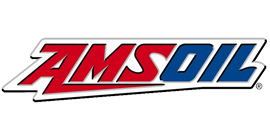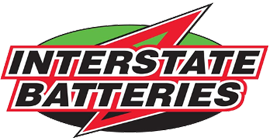704-787-9009 | 3645 Poplar Tent Rd Concord, NC 28027
TIMING CHAIN REPLACEMENT
Modern car engines have evolved with many engine modifications over time and so have the timing chain systems that synchronize the crank and cam timing events.
.png)
What does a timing chain do?
A timing chain ensures that the engine's valves open and close at the precise time for each cylinder's firing event. The chain is located inside of the engine and is lubricated by the engine oil, making oil maintenance extremely important.
Why/ When does a timing chain need to be replaced?With a timing chain equipped engine, the intention is for it to last the" lifetime" of the car. "Lifetime" can be roughly 200,000 miles.
However we don't live in a perfect world so here are some symptoms that can alert you to the need of timing chain replacement.
Timing chain noises are one of the most obvious indications of a failing component.
Rattling sound upon start up, unusual engine sounds and motor vibrations are a warning sign that can relay the problem of a loose timing chain. Also an illuminated check engine light with corresponding cam, crank correlation codes is another dead giveaway.
Slack in the chain permits the metal to hit the timing cover, which can produce debris and wear out the chain. The constant connection can even form a hole in the cover, causing an oil leak. If you hear a noise and then it stops, don't mistake it for the problem going away. Internal engine damage can be a result of the loose and rubbing chain.
A consistent, smooth sound will indicate for the most part, normal conditions and that everything is running as expected.
CONTRIBUTING FACTORS TO ACCELERATED TIMING CHAIN WEAR:Using the wrong oil is a common cause that will lead to accelerated timing chain wear.
Often, modern vehicles will only be able to use synthetic oil because they must meet certain specifications to ensure the oil flows quickly, and with the proper pressure. The wrong oil can cause extra load on the chain and the engine will not be properly lubricated.
Each vehicle manufacturer specifies a minimum API oil service rating, a recommended viscosity, and often a specific oil. Improper oil viscosity can also have a serious impact on timing chain tensioner operation, variable valve timing solenoids and actuators.
In fact, using a motor oil viscosity other than the factory recommended oil can result in a check engine light, sludge buildup, and engine damage.
Research carried out by BIZOL reveals that the issue of excessive timing chain wear has become so severe that OEMs were forced to initiate joint task-force development of a dedicated timing chain wear (TCW) test that is to be included in the forthcoming ILSAC GF-6 performance specifications for passenger car motor oils.














